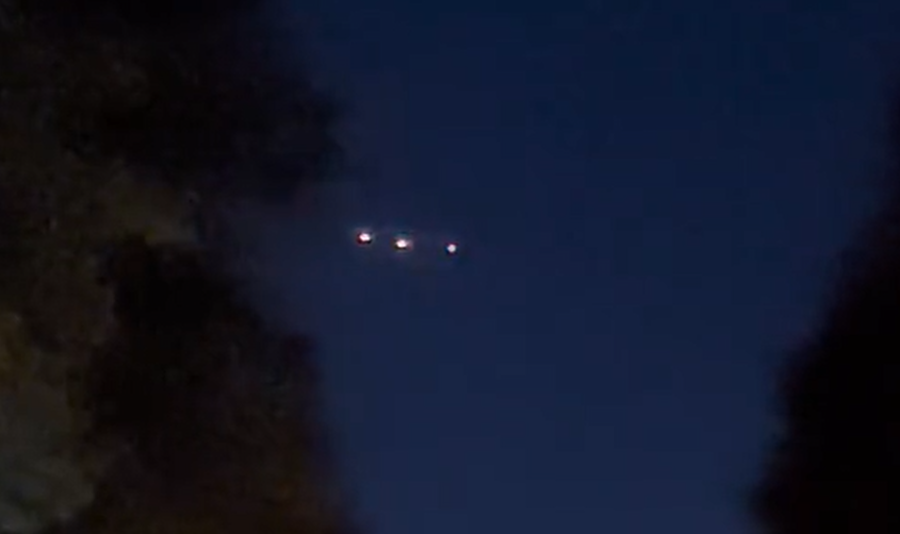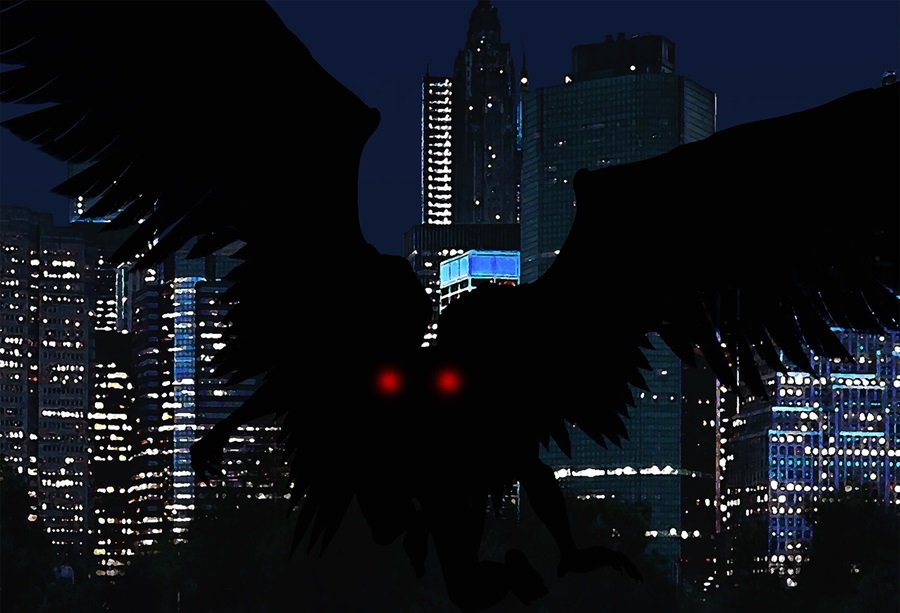Scientists Set Out to Study Mysterious Flashes of Light on Moon
A team of astronomers from Julius-Maximilians-Universität Würzburg (JMU) in Bavaria, led by Hakan Kayal, professor of space technology, have set out to discover the phenomenon behind mysterious flashes of light appearing on the Moon.
“The so-called transient lunar phenomena have been known since the 1950s, but they have not been sufficiently systematically and long-term observed,” said Kayal.
So Kayal and his team built a lunar telescope in a private observatory in Spain, since, according to the astronomer, "There are simply better weather conditions for observing the moon than in Germany."
The remote-controlled telescope is operated from the JMU campus, and consists of two cameras keeping the Moon under constant surveillance. If both cameras register a flash of light simultaneously, then photo and video sequences of the event are stored and sent in an email back to Bavaria.
Scientists have long held a variety of theories regarding what’s behind the anomalous luminous phenomena; the arguably most popular being that meteor strikes could produce the flashes of light. Conspiracy theorists, too, have a variety of theories; including that there are alien and/or secret government bases on the Moon, or that the Moon itself is a base, hollowed out to house a huge observatory for keeping tabs on the Earth. The flashes of light under those theories would be explained by the propulsion systems of craft entering or leaving the Moon’s surface, light reflecting off of buildings and machinery, or similar technological reasons.
But Kayla has a different explanation.
“Seismic activities were also observed on the moon,” he said. “When the surface moves, gases that reflect sunlight could escape from the interior of the moon. This would explain the luminous phenomena, some of which last for hours.”
Discovering what’s causing the flashes of light might represent an important first step in eventually building a base on the Moon—assuming it’s not already occupied.
"Anyone who wants to build a lunar base at some point must of course be familiar with the local conditions," said Kayal.
If you enjoyed this article and would like to support the Singular Fortean Society, please consider becoming an official member by signing up through our Patreon page—membership includes a ton of extra content and behind-the-scenes access to the Society’s inner workings.


















